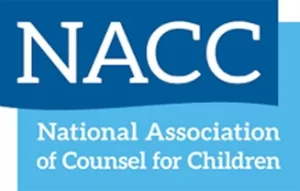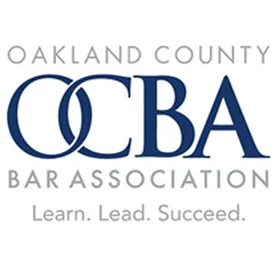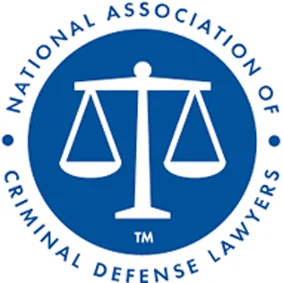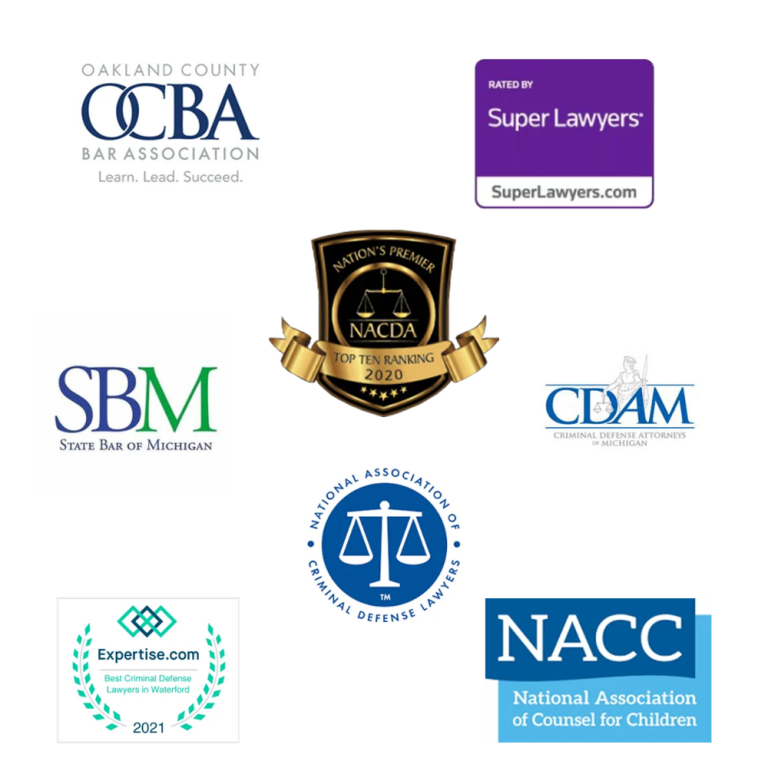Strategies for challenging evidence as part of your defense
On Behalf of Kirsch Daskas Law Group | Feb 7, 2020 | Criminal Defense |
Getting accused of a crime or arrested unexpectedly can send you into a mental and emotional tailspin. Many people struggle to understand how they wound up in a situation that puts their freedom and reputation at risk.
Defending yourself against serious allegations or criminal charges is of the utmost importance if you hope to protect your career, your reputation and your family. There are many different ways for an individual to approach a criminal defense for pending charges.
Exactly how someone does that will vary drastically from case to case. In scenarios where it seems as though Michigan state prosecutors have evidence linking you to an alleged crime, challenging the validity of that evidence can be a key component to a successful criminal defense strategy.
Did police illegally obtain physical evidence or coerce a confession?
One of the most straightforward defenses that can help get evidence thrown out is showing that law enforcement officers violated your civil rights in the attempt to collect that evidence. Whether they force themselves into your home without a warrant or behaved improperly during questioning in a way that violates your civil rights, pushing back against the so-called evidence they gathered using such tactics is often a cornerstone to defense strategies after aggressive police conduct.
Issues with chain of custody or the collection of evidence can impact your case as well
Thanks to the popularity of criminal law procedural shows, people tend to think of forensic science as an infallible process, when, in reality, it is prone to problems because it involves humans. Michigan is no stranger to controversy involving forensics laboratories, so convincing a judge or jury of issues with testing, sample collection or evidence storage may be a viable strategy.
Issues ranging from not tracking who had access to which evidence at what time, to contamination with outside materials or the DNA of officers responding to the scene, could render such evidence questionable and less authoritative in the eyes of the court.
Eyewitness testimony is an unreliable form of evidence
When prosecutors don’t have much physical evidence, they may resort to sending witnesses to the stand to convince the jury of their version of events. Unfortunately, eyewitness testimony can be quite unreliable.
Some people may eagerly lie in court or to police if they can avoid legal consequences for their own crimes, while others may wind up confused by leading questions and repeated coaching by prosecutors. Depending on circumstances, a defense strategy could include undermining the perception of one witness by presenting alternative witness stories or even bringing in professionals to talk about the problems with eyewitness testimony in criminal proceedings.
Just because the state of Michigan has evidence does not mean that you can’t still defend yourself. The sooner you take steps to explore your options for a defense, the better prepared you will be when your day in court arrives.










